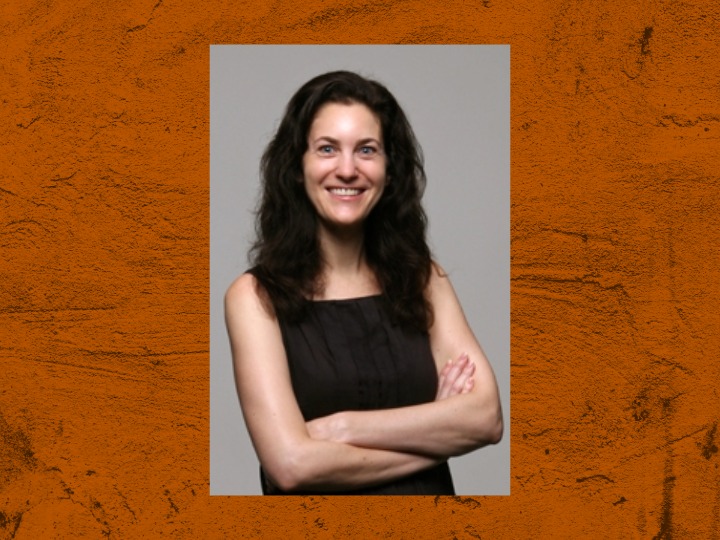Social & Personality

Jennifer Beer
Social and Personality Area Chair
Ours is a vigorous research and training program in social and personality psychology. The following topics show what we explore:
-
Artificial Intelligence
-
Assessment of Personality and Behavior
-
Attitudes
-
Autoimmune Disease
-
Computational Modeling
-
Emotion
-
Empathy
-
Geographic Psychology
-
Gut Microbiome
-
Judgment and Decision-Making
-
Morality
-
Personality
-
Prosocial Behavior
-
Psychology of Architecture
-
Social Cognition
-
Social Neuroscience
-
Social Signaling
-
The Self
-
Volatile Organic Compounds
-
Volatilome
Questions we address in current projects are:
-
How can we best study individuals in the contexts of their daily lives?
-
What features determine what a physical place feels like?
-
How do we deliberately and inadvertently influence the places in which we dwell?
-
How do the places we are in affect our thoughts, feelings, and behaviors?
-
How do we make sense of others’ negative actions?
-
What promotes prosocial actions towards others?
-
Why do people fall for misinformation and what could be done about it?
-
How do people make moral judgments about what is right or wrong?
-
How do attitudes form and change?
-
How can we help people soften the blow of social rejection?
-
How does brain activity inside the scanner relate to personality and behavior in everyday life?
-
How much of the brain activity associated with self, empathy, and social reward is the same versus distinct?
-
How do people understand others’ emotions?
-
How do machines “understand” people’s emotions?
-
How can we build safer and more ethical AI?
-
Do the gut and brain talk to each other? If so, does gut dysbiosis affect neuroinflammation?
-
Do chimpanzees use pheromones to communicate? If so, can we measure this communication by analyzing urine deposits?
Very broadly, the goals of our faculty and graduate students are:
-
To conduct research on problems that capture our interest and captivate the imagination
-
To understand basic psychological processes and their implications for real-world phenomena
-
To conduct the highest caliber research and have fun in the process
